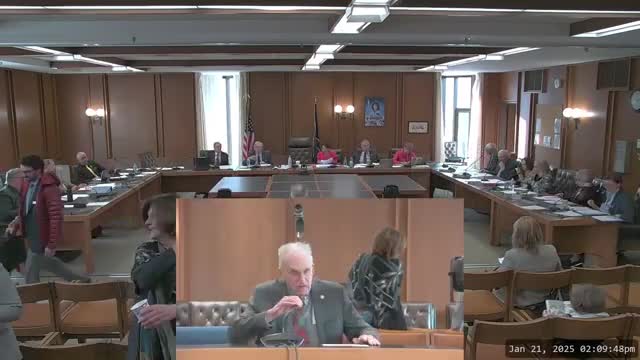Article not found
This article is no longer available. But don't worry—we've gathered other articles that discuss the same topic.
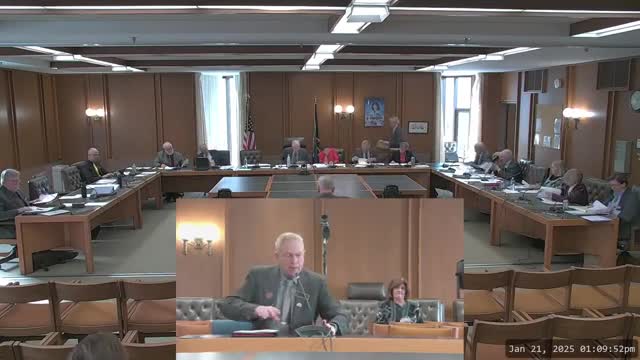
Representative Reintroduces Bill Requiring College Graduates to Pass Naturalization Civics Test
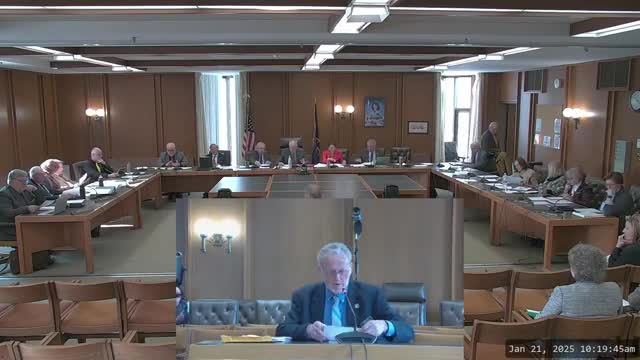
Heard: Bill to Repeal Charter School Eligibility for State Building Aid Draws Split Testimony
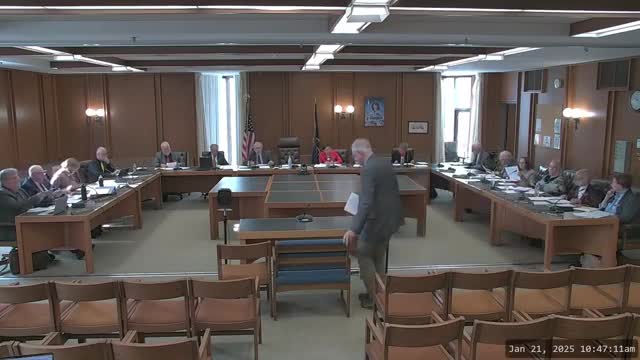
Community College Reboots Math Learning Communities to Reduce Remediation
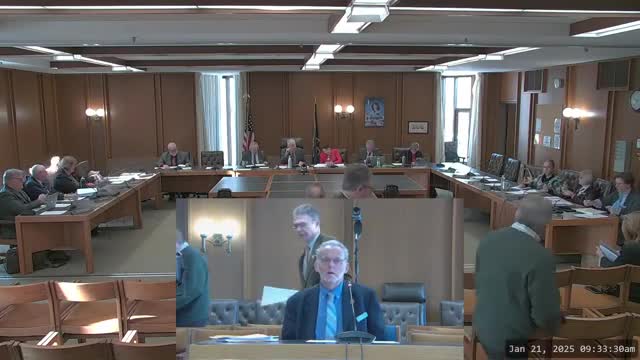
Lawmakers Hear Push to Reimburse Districts That Built Schools During Moratorium
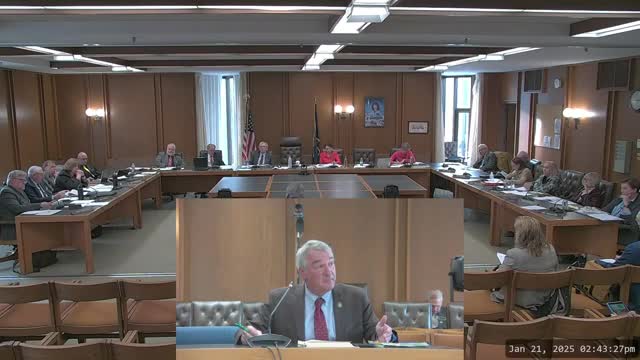
Large Funding Bill Seeks to Update State’s K–12 Adequacy Standard to Court‑Recommended Minimum
